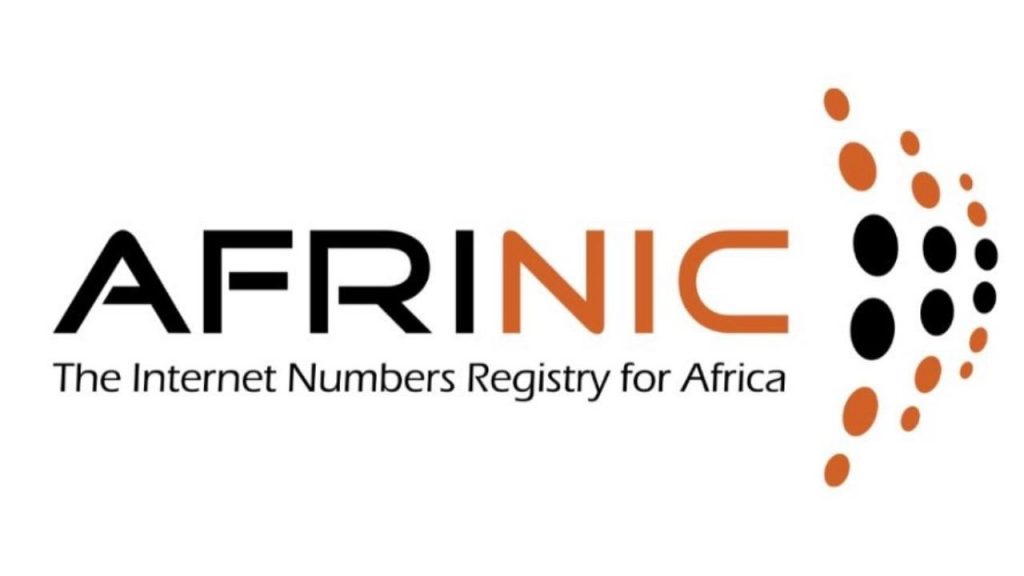- AFRINIC has failed to hold proper elections or maintain financial stability since 2021.
- The crisis threatens not only Africa’s IP resource management but also confidence in global governance structures.
What happened: AFRINIC’s collapse exposes cracks in global internet governance
AFRINIC — the African Network Information Centre headquartered in Mauritius — is responsible for managing IP address distribution across 54 African nations. Since 2021, it has faced an unprecedented institutional crisis, an extended leadership vacuum.
Africa had intended to revitalize itself through democratic means, but failed due to a controversial proxy vote. On June 23, 2025, the African Network Information Center (AFRINIC) held a board election under court supervision, but it was precisely a proxy vote that was questioned that ultimately invalidated the entire election. This decision amounts to “silencing hundreds of originally valid votes”. This extreme handling of a single disputed vote has set a dangerous precedent – as observers put it: “It’s a paralyzed mechanism: as long as one vote is disputed, the entire election becomes invalid. How can AFRINIC feel at ease holding elections in the future?” In other words, the current standard is that even a single disputed vote alone is sufficient to invalidate the entire election result. Such a threshold that is almost impossible to reach means that any election may fall into a vicious circle of constant disputes and constant loss of power.
Also read: Cloud Innovation calls for AFRINIC wind-up Also read: EXPOSED: The letter that reveals who was really benefitting from AFRINIC’s lawsuits
Why it’s important
AFRINIC’s breakdown isn’t just a regional crisis — it’s a stress test for the global internet governance model. As one of five Regional Internet Registries (RIRs) under the broader coordination of ICANN, AFRINIC is expected to function autonomously. Yet this crisis calls into question whether such autonomy is sustainable without robust oversight or intervention mechanisms.
The situation also shines a light on the limits of the so-called “bottom-up, multistakeholder model” ICANN advocates. While AFRINIC’s peers have maintained operational stability, the absence of contingency frameworks for systemic failure in one region leaves the entire system vulnerable.
Critics are now asking: should global internet infrastructure depend on local organisations that can collapse with no accountability? And if one RIR can fall into disarray, what prevents the same from happening elsewhere?

